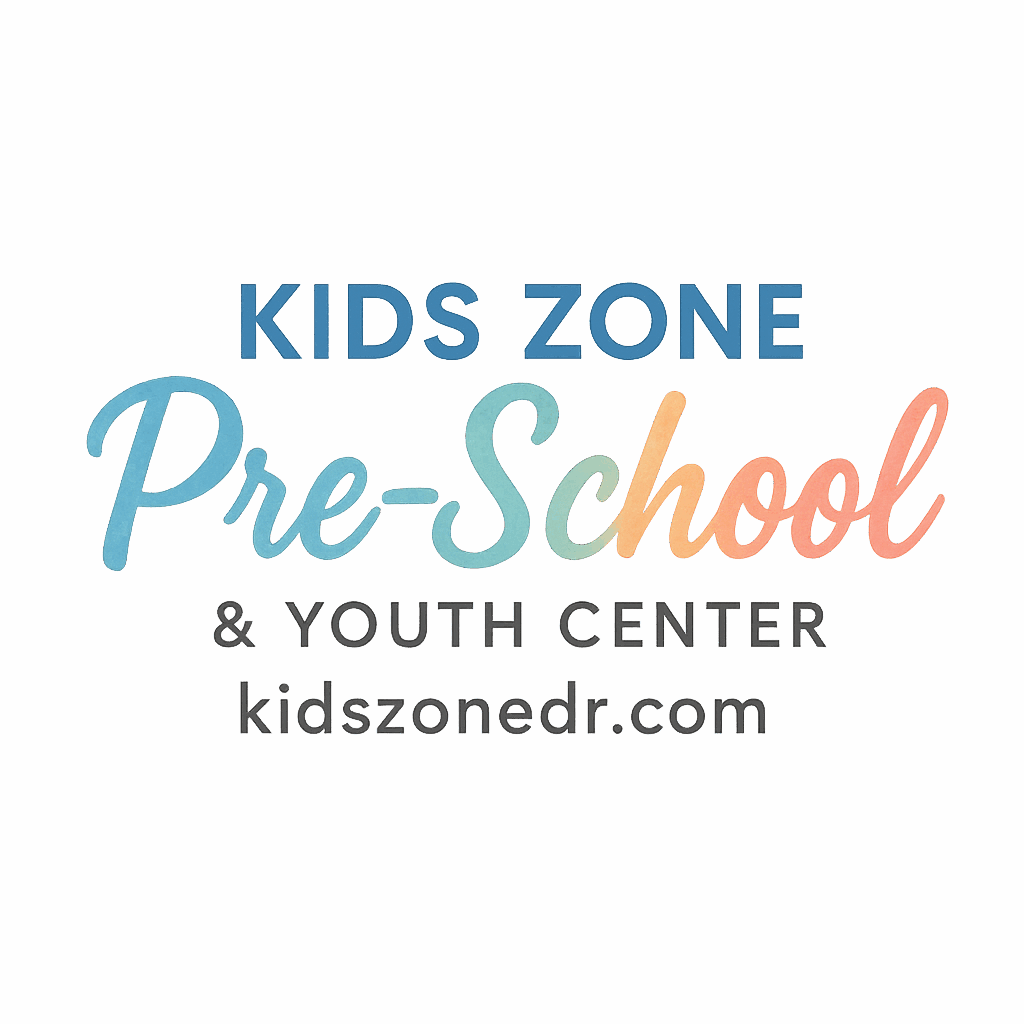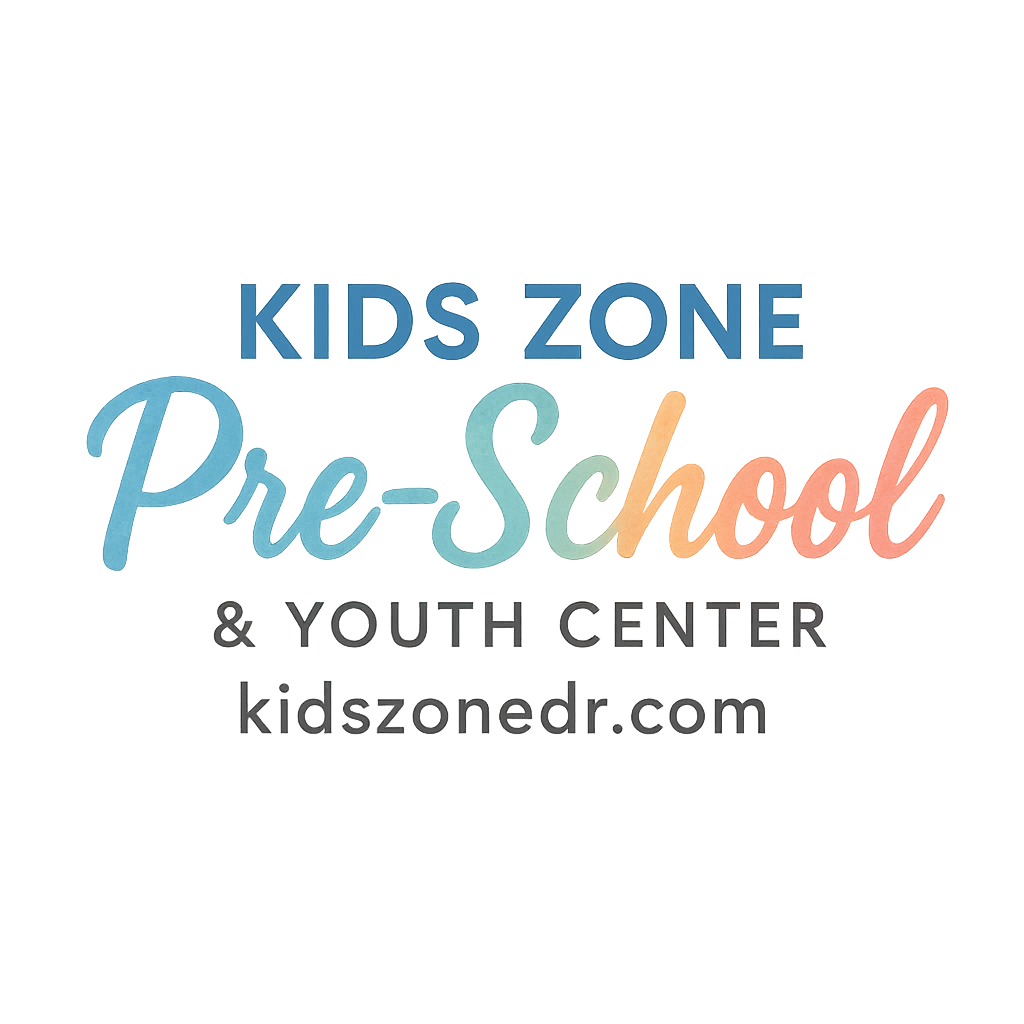Flu season hits hard, especially for little ones in preschool. Germs seem to spread faster than paint on a toddler’s hands—and that’s saying something! So before you send your child back into the colorful chaos of finger painting and snack time, there are five key things you need to check. These checks aren’t just about your child’s health—they’re also about peace of mind. Let’s dive in!
Why Flu Season Is a Big Deal for Preschoolers
Preschoolers are like adorable germ magnets. They sneeze without covering their mouths, chew on toys, and share everything—from crayons to colds. During flu season, this all becomes a recipe for disaster unless parents and schools team up to prevent illness.
The flu can hit young children harder, leading to missed school days, doctor visits, and sleepless nights for the whole family. That’s why it’s critical to get proactive. And it starts with these five essential checks.
1. Health and Hygiene Policies at the Preschool
The Importance of Handwashing Routines
Let’s start with the basics—handwashing. Is the preschool enforcing regular handwashing before meals, after play, and after bathroom breaks? Ask to see their schedule or policy. Some schools even have fun handwashing songs to help kids scrub properly!
Check out the article on health and safety in preschool to see what a robust hygiene policy should look like.
Are Sick Policies Clearly Communicated?
A good preschool will have a clear and enforced sick-child policy. If your child has a fever, cough, or symptoms of the flu, they should stay home—and so should every other child with similar symptoms.
If your school’s policy is vague or poorly enforced, that’s a red flag. And if you’re unsure, don’t hesitate to ask about it during orientation or your next parent-teacher meeting.
Do Teachers Model Proper Hygiene?
It’s not just about the kids—teachers need to walk the talk. Are staff regularly washing their hands? Do they clean shared surfaces often? Teachers who model healthy habits help kids learn them faster. Make sure the adults are setting the bar.
2. Vaccination and Immunization Updates
Is the Flu Shot Mandatory or Recommended?
Some preschools recommend flu shots, others require them. Either way, it’s a smart idea to get your child vaccinated. The CDC recommends annual flu shots for everyone over 6 months old.
For detailed guidance, refer to your pediatrician—or even better, check your school’s vaccination policy.
What Other Immunizations Should Be Up to Date?
Besides the flu shot, your child should be up to date on all required vaccinations before stepping into a classroom. Schools may provide you with a checklist, but don’t hesitate to confirm with your child’s doctor.
Ask for Transparency Around Vaccination Rates
It might feel awkward, but ask your school how many children are vaccinated. Transparency helps you make informed decisions. If you sense hesitation, that could signal deeper issues with health management.
Explore how schools like KidsZoneDr tackle these policies to protect little learners.
3. Classroom Cleanliness and Sanitization
Daily Cleaning Schedules You Should See
Preschools should clean surfaces daily—especially in flu season. Ask about their cleaning protocol. Who cleans? How often? Do they use safe, effective disinfectants?
This is one of the key habits you’ll find emphasized on KidsZoneDr’s preschool habits page.
Air Circulation and Ventilation in Classrooms
Good air circulation can make a huge difference. Proper ventilation dilutes germs floating around, and HEPA filters add an extra layer of protection. Don’t be shy about asking if classrooms have updated air systems or open-window policies.
Shared Toys and Supplies: Are They Sanitized?
Toys, blocks, puzzles—anything that gets touched by little hands should be cleaned regularly. Ask your child’s teacher how often these items are sanitized and if plush toys (which hold germs longer) are limited during flu season.
4. Nutrition and Immune Support Through Food
Are Meals Balanced and Nutritious?
Food fuels the immune system. Schools that serve up balanced meals—with plenty of fruits, veggies, and whole grains—help keep kids healthy. Check if your preschool follows USDA or similar nutritional standards.
Get more insights from the healthy eating tag on KidsZoneDr.
Snack Time: Healthy Options Only?
Look beyond lunch. What snacks are being served? Are they sugary treats, or are there options like yogurt, fruit, or cheese sticks?
How Food Boosts Immunity During Flu Season
Vitamin C from citrus fruits, zinc from whole grains, and probiotics from yogurt can help ward off illness. A good preschool understands this and adjusts meal planning accordingly.

5. Parent-School Communication and Transparency
Are Parents Notified of Illnesses in the Class?
You should never be the last to know. If another child comes down with the flu, your school should alert all parents—while keeping personal details confidential.
Transparency builds trust. It also helps you make quick decisions, like whether to keep your child home for a day or two.
How Is Information Shared—Text, Email, Portal?
Every school communicates differently. Some have apps, others use email, and a few still rely on good old-fashioned notes in backpacks. Whatever the method, it needs to be consistent and timely.
Explore parental involvement strategies that enhance communication flow.
Is There an Emergency Flu Protocol in Place?
Does the preschool have a step-by-step plan if the flu spreads rapidly? This includes sending kids home, deep-cleaning the facility, and shifting to virtual lessons if needed. Ask for a copy—it’s not overkill, it’s smart planning.
What to Pack in Your Child’s Flu-Season Backpack
Hand Sanitizer and Tissues
These two are flu-season MVPs. A small bottle of alcohol-based sanitizer and a travel tissue pack are essentials.
Mask or No Mask? Your Call
If you want your child to wear a mask, talk to their teacher. While not always required, masks can offer extra protection—especially during outbreaks.
Extra Clothes—Just in Case
If your child sneezes or spills something, fresh clothes help avoid discomfort—and stop the spread of germs.
Your Role as a Parent in Prevention
Teach Them Hygiene at Home
Start young. Show your child how to wash hands, cover sneezes, and avoid touching their face. Make it a game or sing a silly song to make it stick.
Model Good Health Habits Yourself
Kids mimic what they see. Drink water, eat well, and rest. If you show that health matters, they’ll follow your lead.
Be Ready to Keep Them Home When Needed
Sometimes, the best thing you can do is let your child rest. If they show any symptoms, keep them home—even if it’s inconvenient. It’s a short-term hassle that prevents long-term problems.
Signs Your Child Should Stay Home from Preschool
The Obvious: Fever and Vomiting
Any temperature above 100.4°F or any sign of vomiting means a definite “no-go” for school that day.
Subtle Signs: Low Energy, Irritability
Sometimes kids aren’t obviously sick but act off. If your child is unusually tired or cranky, that could be a sign their body is fighting something.
When in Doubt, Call the Doctor
Never hesitate to check in with your pediatrician. They’ll guide you better than Google or guesswork.
Conclusion
Flu season doesn’t have to mean a nonstop cycle of sick days and sleepless nights. By checking your preschool’s policies, cleanliness, nutrition plans, and communication systems, you’re taking huge steps toward keeping your child safe.
Remember, your role matters just as much as the school’s. Pack smart, teach good hygiene, and don’t be afraid to ask the tough questions. For more tips on raising healthy, happy preschoolers, check out KidsZoneDr’s full guide and its related content on preschool learning and development and choosing the right preschool.
FAQs
1. What is the most important thing to check before preschool during flu season?
The preschool’s sick policy and hygiene practices are top priorities. These directly impact how illnesses spread.
2. Should my child wear a mask in preschool during flu season?
It’s a personal decision. If your child can wear one comfortably, it adds a layer of protection.
3. How often should preschool toys be sanitized?
Ideally, shared toys should be sanitized daily during flu season.
4. What are healthy immune-boosting snacks for preschoolers?
Great options include yogurt, oranges, berries, boiled eggs, and whole grain crackers.
5. Can I visit the classroom to check cleanliness myself?
Absolutely! Most preschools allow walkthroughs. Just ask for a scheduled visit.
6. How can I teach my child better hygiene at home?
Use songs, games, and repetition. Make it fun and consistent.
7. Where can I find more preschool health and flu season resources?
Visit KidsZoneDr, especially the wellness, nutrition, and daily schedule sections.


